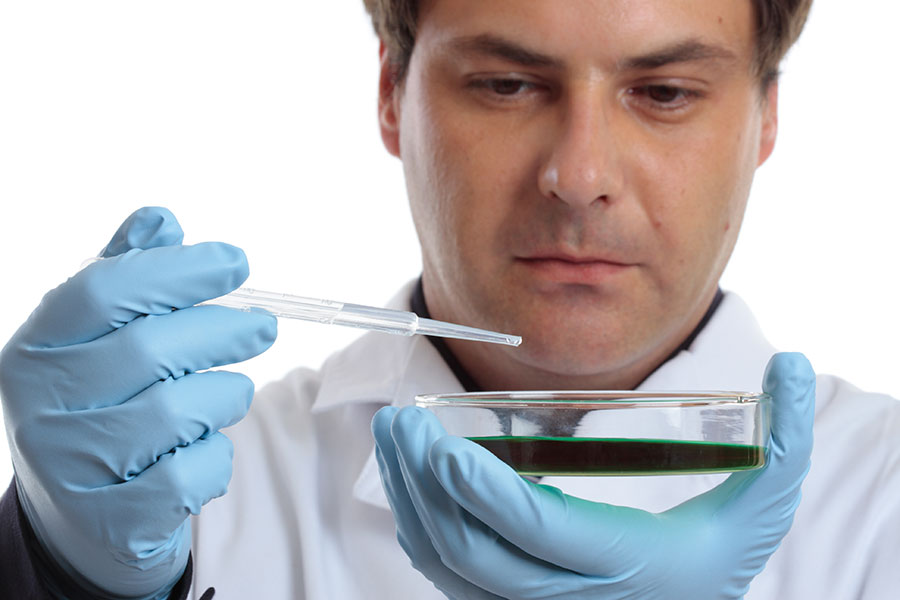Among the groundbreaking medical techniques that have become well-known to heal several chronic medical conditions, Platelet-Rich Plasma Therapy (PRP) continues to show promising therapy results for several musculoskeletal injuries and dermatological conditions. PRP is a simple, non-surgical procedure that utilizes the body’s blood cells to amplify its natural ability to heal itself from conditions that can affect the tissues, joints, and bones. PRP therapy involves extracting platelets from the blood, spinning them in a centrifuge and reintroducing them into a specific area of body. When platelets are concentrated and reinjected into the body, they can help rebuild the damaged parts of the body through the hormones in the platelets that promote growth and healing.
If you’ve recently been injured and are looking to avoid surgery, depending on your condition, regenerative medicine and PRP Therapy may be able to provide a solution.
Many people confuse PRP with Regenerative Medicine therapy because are both forms of advanced regenerative therapies. However, they are quite different. PRP focuses on the blood cells that have already adapted to a part of the body where an injury exists. Whereas, regenerative medicines have the ability to differentiate and become new cells. Additionally, PRP is extracted from the blood and regenerative medicines can be pulled from bone marrow, fat cells, and the embryotic cells. The growth factors present in the platelets simulate the cells essential for faster recovery.
PRP injection therapy can help with:
- Skin Rejuvenation
- Hair Restoration
- Diabetic Foot Ulcer
- Joint and Muscle Issues
As a non-surgical therapy, PRP therapy reduces pain and can provide long-term relief, depending on a patient’s condition. Patients face less risk of infection or allergic reactions as the platelets come from the patient’s own body. Both PRP and regenerative medicine injection therapy have gained tremendous exposure through professional sports, as professional athletes continue to expedite their recovery times through this form of therapy.
Unfortunately, many people still believe that this form of therapy is unproven despite the several scientific studies that have produced positive results in support of PRP injection therapy. However, we would love to share our results of our several patients who have all benefited from PRP injection therapy.







